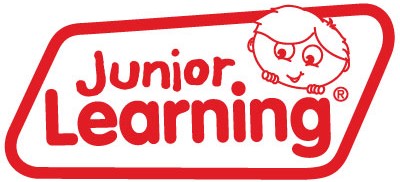Can you read an ‘Alien’ word?

Written by Clare Shivnan-Taylor
I can still hear myself chanting “Can you read an alien word?” to my Year 1 class last year and them all responding in unison “Yes you can!” Then, I would follow up with; “Is it a real word?” and the chorus of children would respond; “No, it’s not!”
Alien words were introduced in 2012 as a way of checking that children could use phonics knowledge to decode unfamiliar words. Essentially, they are nonsense words indicated so by a funny looking alien. The children must show they can decode an alien word using the same skills used to decode a ‘real’ word.
At the end of Year 1, children are presented with a Phonics Screening Check paper to read 40 words. 20 are real and 20 are ‘alien’ words. As with anything else, preparation, practice and familiarity are key to children becoming successful at reading ‘alien’ words.

One of the main advantages to writing your own phonics programme is that you can use your years of phonics teaching experience to prepare the children better. So, when writing the phonics programme for Junior Learning Letters and Sounds, I wanted to ensure that alien words were introduced systematically from Reception by introducing one ‘alien’ word each day matched to the grapheme of the day.
The children know through the routine of the four-part lesson that when it comes to applying taught knowledge, they can practice reading the alien word of the day. This has proved to be successful in schools using Junior Learning Letters and Sounds, as children can decode an alien word each day from Phase 2 to Phase 4 in Reception with ease, which means when they go into Year 1, reading alien words becomes just part of their daily phonics lesson.
By the time the Phonics Screening Check is presented to them in June, they are so used to reading them they do so confidently scoring highly on the papers. Junior Learning sells a box of Alien words containing a word using each grapheme as it's presented in the phonics progression.
Written by Clare Shivnan-Taylor - June 2023
Clare Shivnan-Taylor is a primary education specialist with a focus on Early Years and Key Stage 1. With over sixteen years of experience, she has made a significant impact in improving phonics and early reading in numerous schools. As the author of the Junior Learning Letters and Sounds DFE validated phonics programme, Clare continues to support schools through effective and affordable resources, and offers dedicated training through BEST Trust.
Learn more about Clare and how you can take part in her virtual or in-person training.
